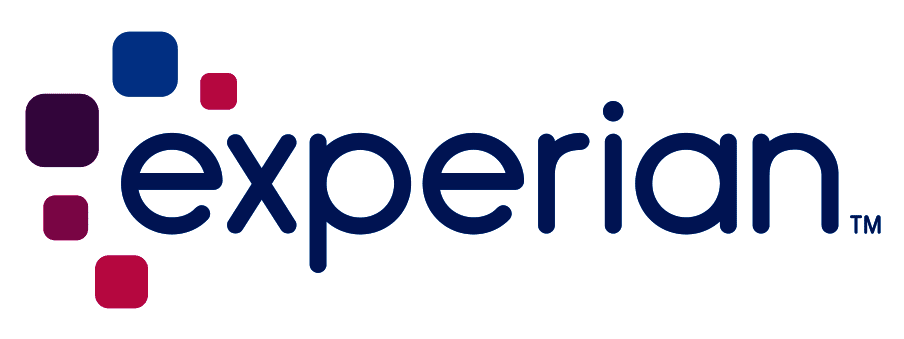Businesses and consumers alike are enthused about the myriad ways technology is transforming the financial industry.
Even the oldest, most traditional brick-and-mortar institutions are moving inexorably into the digital realm, a shift from the traditional face-to-face relationship model. While consumers enjoy significantly greater convenience, financial institutions benefit from new engagement opportunities and lower service costs.
Yet, the sheer speed of this transition, coupled with unceasing industry competition, is creating daunting new challenges for IT and security professionals tasked with protecting consumer identities and guarding against fraud.
According to a recent Experian report, more than 70% of businesses say preventing fraud is their top concern. At the same time, research indicates that four out of five consumers consider an organization’s security reputation an important factor when selecting a financial institution.
In their relentless drive to improve efficiency and make the consumer experience as fast, easy, and frictionless as possible, fintech organizations may be creating new vulnerabilities for fraudsters to exploit. Consider the widespread and growing use of auto-fill data.
Consumers prefer the feature because it relieves them from the tedium of inputting large amounts of personal information. But it can also create new opportunities for fraud. And if there is one thing consumers prioritize over a frictionless transaction, it’s avoiding financial scams.

Managing risk signals through one-stop identity solution
Once upon a time, banks and other financial services companies could rely on personally identifiable information such as name, address, date of birth, and Social Security number to verify and authenticate individuals.
Today, the sheer volume of consumers’ information on the dark web and elsewhere has rendered that approach inadequate. Security software providers have responded with innovative, specialized identity-point products and services that can enhance a business’ back-end fraud prevention and authentication systems – examples range from device risk assessment to step-up verification services such as one-time passcodes and digital document verification.
There are now a number of risk signals that can help a business verify an identity or detect a fraudster.
However, managing and optimizing those signals increases pressure on banks and other financial institutions in several ways.
First is the operational challenge of integrating and maintaining a diverse array of fraud-defense solutions. Industry research indicates that the average business has more than seven integrations to external fraud and identity services.
Second, the sheer complexity of working with numerous and varied point solutions makes it difficult for businesses to optimize their workflows and manage the inevitable overlaps between those solutions.
Third, fraud threats are evolving so rapidly that it’s challenging for all but the most sophisticated companies to keep up.
Advanced solutions critical
With both fraud prevention and the capability to leverage identity for varied business applications becoming increasingly difficult, more advanced, up-to-the-minute solutions have become critical.
The ideal for most fintech businesses is a one-stop solution that enables them to uncover data-driven business opportunities while delivering fast, personalized, and seamless customer experiences — without sacrificing privacy or compromising fraud-detection efforts.
That requires an integrated, multi-layered fraud and identity platform that easily permits additions of point solutions, consolidating and orchestrating identity verification and fraud risk signals into a single view for more efficient decision-making.
Experian, the world’s leading global information services company, has responded to this growing need with Experian Identity — an integrated suite of identity products and services that provide scalable, interoperable, and future-proofed data management solutions that integrate seamlessly with clients’ existing information systems.
It incorporates a variety of products, services, and technologies to uncover data-driven business opportunities through segmenting, targeting, acquiring, and engaging consumers.
Moreover, by capitalizing on the company’s decades of experience in fraud prevention, Experian enables businesses to recognize legitimate identities and ascertain risks — all while providing a positive customer experience and adhering to strict regulatory requirements.
Unrivaled experience
Experian, which currently works with 28 of the 30 most prominent fintech companies as well as 18 of the world’s largest banks, has unrivaled experience providing clients with products and services that employ a layered approach to risk-based authentication and identity proofing that simultaneously reduces friction and fraud risks by making ID verification a priority.
The company pursued a deliberate, companywide identity-oriented journey to draw on innovations from throughout the organization. Its efforts included engaging with dedicated client-facing sales and support teams and thoroughly testing each integrated solution and process.
With Experian, fintech companies can access identity and fraud-protection products and services that align with their specific needs and capabilities. For instance, consumers tend to abandon unnecessarily lengthy applications; fintechs need pre-fill capabilities that reduce abandon rates and generate lower application fraud rates.
Separately, fintechs need to leverage broad data assets that extend beyond credit data sources to isolate fraud risks and identify changes in consumers’ lives that drive spending, such as relocation and change in marital status.
Custom options critical
Flexibility is key: organizations desire results that best suit their customers, ranging from a simple summary of pass-fail results to analytic modeling or turnkey enterprise-scale solutions.
Staying ahead of bad actors requires building and continually strengthening a military-grade identity and fraud-prevention solution that interconnects with a business’ unique data and systems to create attribute-rich profiles that more effectively recognize each customer’s unique identity.
The most successful solutions adapt and grow with the marketplace, empowering businesses to provide a powerful, positive experience to verified customers while locking out those with malicious intent.
To learn how making identities personal builds trust and helps organizations create improved experiences for consumers and businesses while guarding against fraud, download the “Making Identities Personal” white paper.


